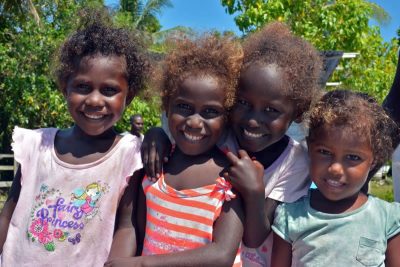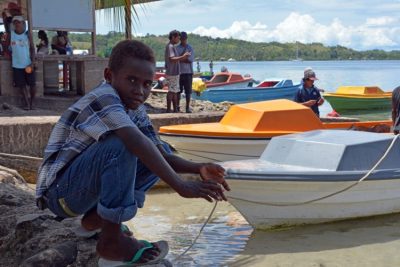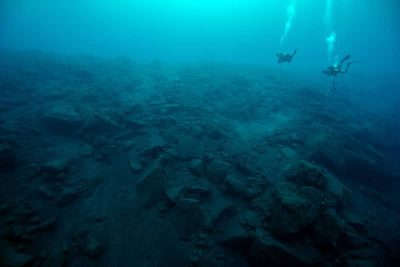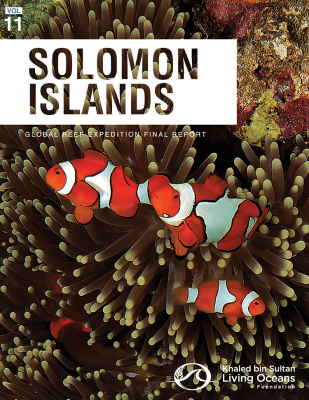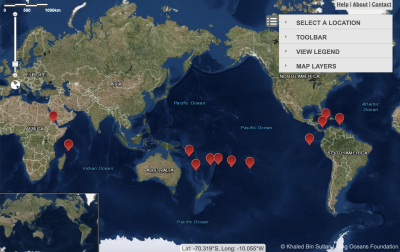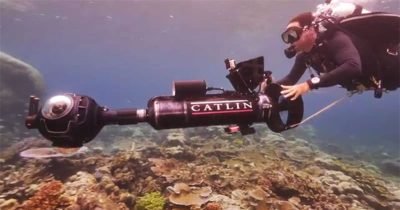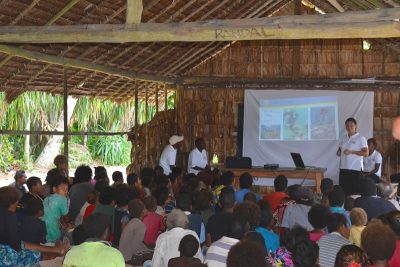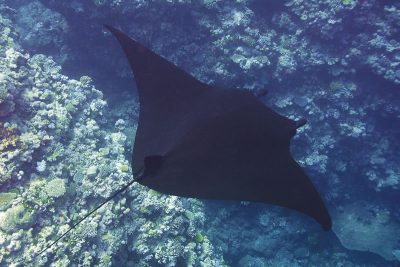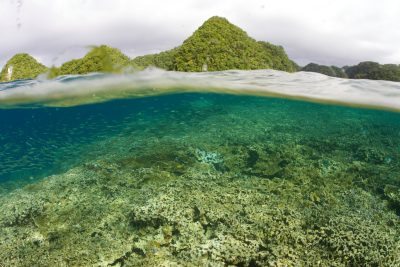
Coral Reefs in the South Pacific: A Webinar with SPREP
The Khaled bin Sultan Living Oceans Foundation recently hosted a webinar with our partners at the Secretariat of the Pacific Regional Environmental Programme (SPREP). SPREP is an organization established by the governments of Pacific Island nations to protect and manage

